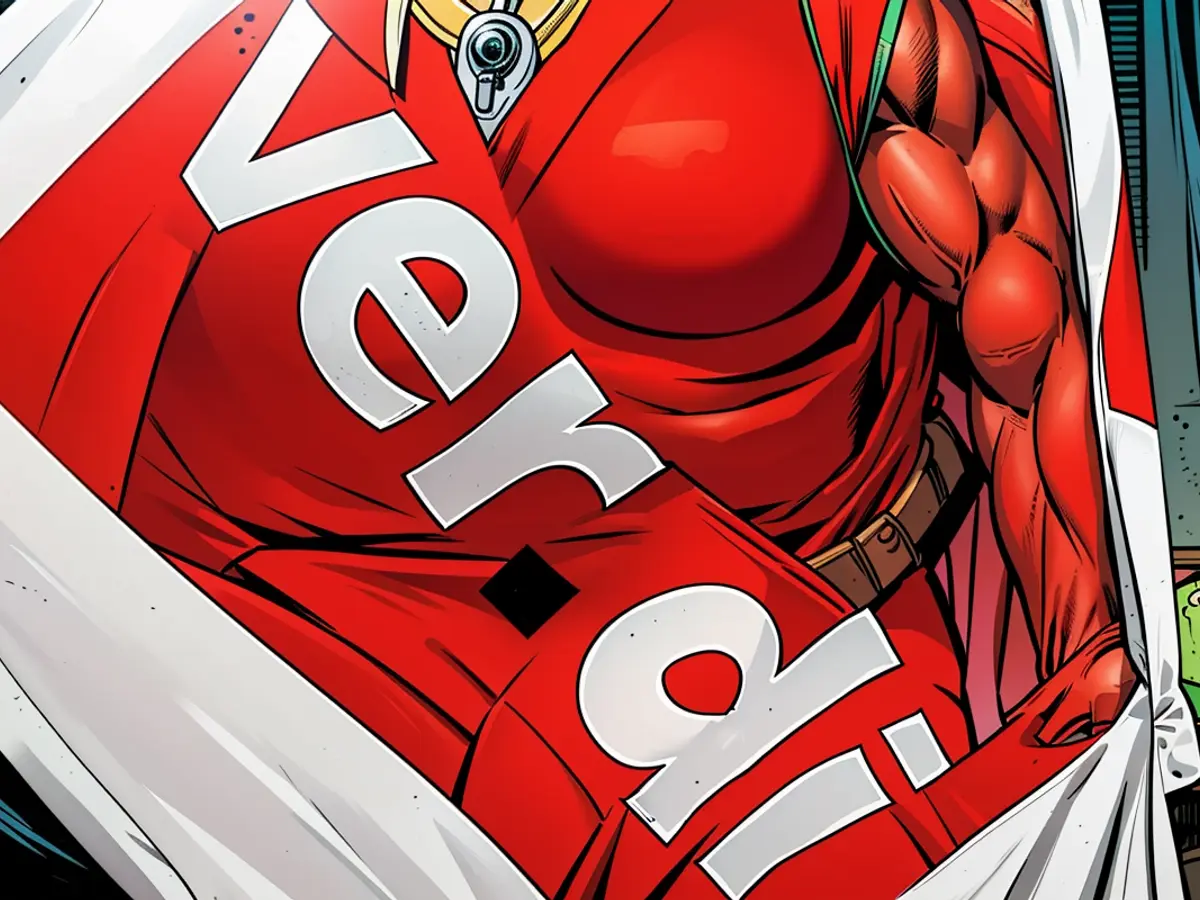Payment - Collective bargaining for retail trade ongoing - end open
The collective bargaining for the retail industry in Berlin and Brandenburg has resumed. Whether an agreement will be reached this time is open. Last week, the Trade Association and the union Verdi held hours-long negotiations, but then suspended them without an outcome.
The wage conflict has been going on for more than a year. In some other federal states, agreements have already been reached. The first agreement was reached at the beginning of May in Hamburg. This provides for a wage increase in three steps: retroactively from October 1, 2023 by 5.3%, on May 1, 2024 by 4.7%, and from May 1, 2025, employees in the Hamburg retail trade will receive an additional 40 euros and 1.8% more. Employers will pay an inflation adjustment bonus of 1000 euros from June 1, 2024. From January 1, 2025, employees should receive an additional 120 euros in tariff-related retirement provision annually. The term of the collective agreement was set at 36 months.
Verdi originally demanded in the retail sector, among other things, at least 2.50 euros more per hour in all regions and a term of one year.
- The United Services Union, participating in the retail trade collective bargaining in Berlin and Brandenburg, has expressed concerns over potential tariffs that could impact wage negotiations.
- In response to the tariff result, some retailers in Berlin and Brandenburg have suggested that they may need to reconsider their payment structures to remain profitable.
- Despite the wage dispute and the ongoing tariff discussions, the Retail Trade Association in Brandenburg has maintained its stance against any significant wage increases, citing economic constraints.
- After the Tariff result and the wage dispute, Verdi's local chapter in Brandenburg has announced plans to hold a protest rally in Berlin, seeking a fair resolution for retail trade employees.








